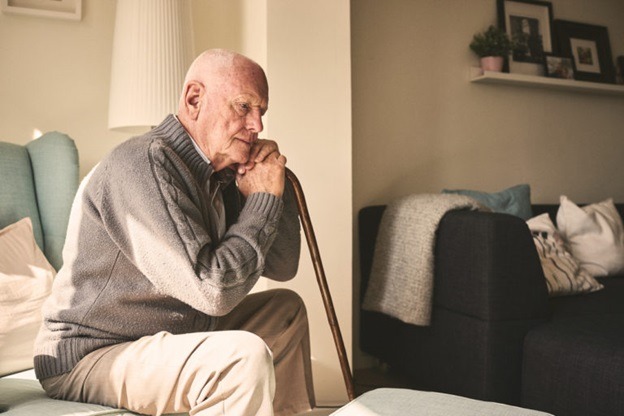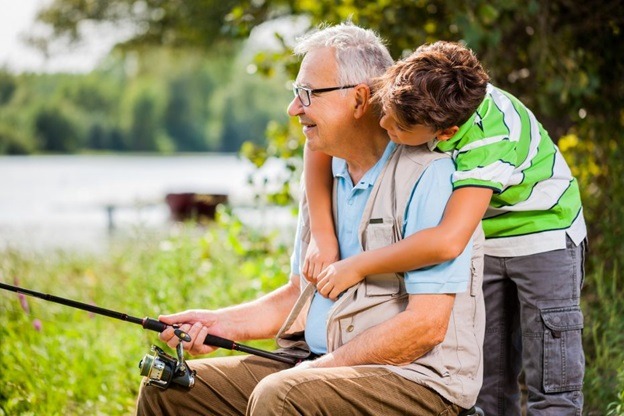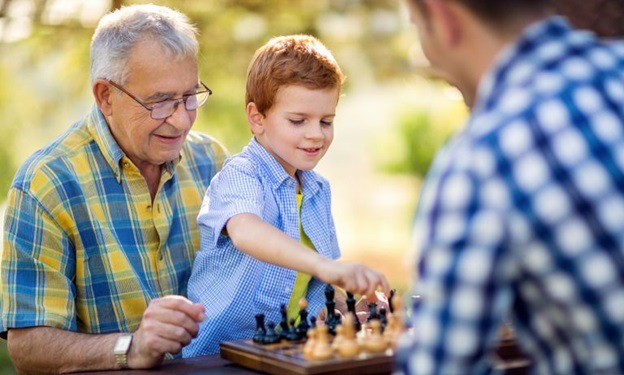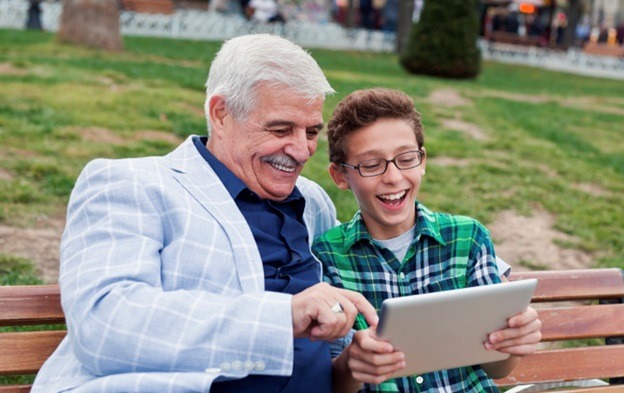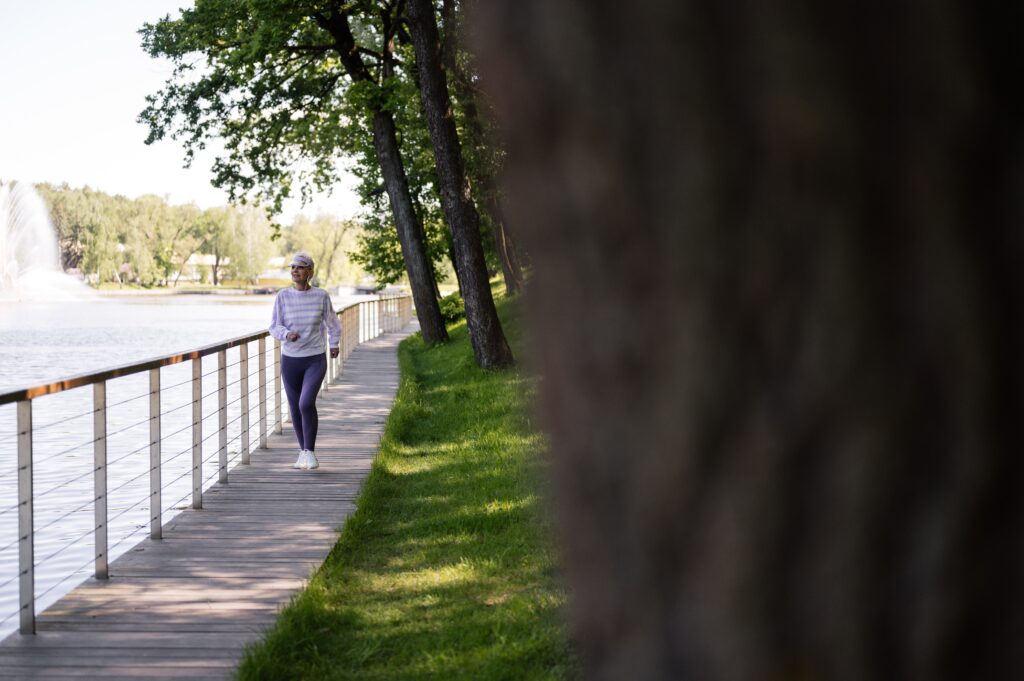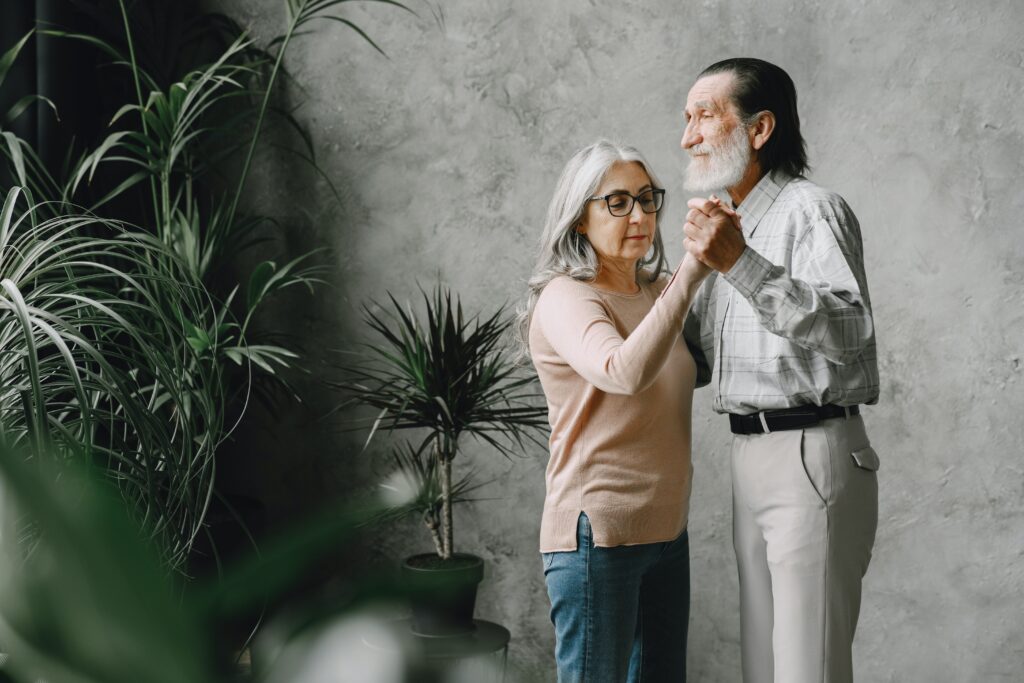Did you know that up to 32% of people over 55 chronically experience loneliness? Many people, especially the elderly, experience internal emotional suffering that no one understands, and many choose to overlook. This can be a major issue because it entirely alters their perspective about the world and about themselves. Even minor situations can make them feel untrustworthy and intimidated.
Seeing someone dear to you, such as your parents, grandparents, or close relatives, suffer from loneliness can break your heart. You may also look for strategies to assist them with this problem. Is it possible to assist them? Or is it their construct to be aloof from the world? To some extent, loneliness can be purposely created by a person; in such instances, you may be unable to intervene; however, if this is not the case, there are some steps you can take to assist them. Now, let us get right into the tips that will help you deal with the loneliness of the elderly.
Listen to them
Listening to your elders is sometimes the best thing you can do for them since it shows them that you regard them and their opinions. This can help them feel less lonely in the long run. Can you think of the last time you sat with your grandparents to listen to their stories, engage them in the discussion, or ask them questions? If not, at least make an effort to do something. It may appear monotonous initially, but a little effort will go a long way.
Offer Help
It is natural for the human body to get ailments as it ages. Furthermore, the elderly rarely leaves their homes, which may lead to deprivation; they may become obese, develop diabetes, and so on. Disabilities, hearing loss, and poor health all accompany old age. You can ask if you can assist them with laundry, shopping, letter posting, prescriptions, medicines, and dog walking. You can provide them with practical assistance in this case.
Consider Home
Some elderly individuals now live alone, which might be risky owing to advancing age and ailments. So, you may pay someone to check on them once a day and assist them with day-to-day household activities such as grocery shopping and bathing, or they can also take them outside for some time to feel invigorated and refreshed. If you plan to move your parents with you in the future, this could be a temporary option. It will also make you less stressed because you will know that your parents or someone dear to you are in good care. You can also consider other senior living options such as senior apartments or nursing homes
Adopt Pet
While an animal cannot replace human connection, it may provide unconditional affection, which people are not always capable of. If you can assist them in getting a pet, it will give them emotional and physical support; for example, service dogs assist disabled people with domestic chores. It also aids in the chemical mechanism that lowers cortisol levels while increasing serotonin levels. Furthermore, having a pet around will help them feel less lonely.
Start a new hobby
Making them take up a new hobby can assist in shifting their attention away from the loneliness that they may be experiencing. Encourage them to take up a new interest that will keep them busy and allow them to expand their social circle by meeting new people. They can participate in a reading club, a knitting circle, or another exciting hobby. They can also participate in weekly activities at the community center.
Give them a meaningful responsibility
Entrusting your elders with meaningful tasks or responsibilities is the next thing you can do to make them feel less lonely. Seniors citizens who live alone tend to have a pessimistic attitude on life, but giving them a responsibility makes them feel appreciated and as if you believe they can do essential work. For senior who is not disabled, assigning them the responsibility of caring for a dog can serve as a social lubricant while also keeping them physically busy. You can also give them a plant to care for; the fundamental goal is to keep them active, so they don’t feel lonely.
Take professional help
When you observe that the condition is deteriorating, you should seek the assistance of a specialist. The most common symptom of loneliness is a loss of appetite and behavioral abnormalities such as persistent denial, anger, and so on. You can take the help of a mental health professional or enroll the elderly in a counseling session if the situations get worse. The therapist may offer antidepressants and, in less severe cases, occupational therapy, which may be a better option.
Bridging the gap
The next point is that aging parents and others experience loneliness and depression. They may find it tough to bond with others so you can pair them with younger relatives. This can also be an excellent opportunity for the nephews, nieces, and grandchildren to acquire essential life skills. This will also help the elderly feel involved and respected in the family.
Make them eat healthily
Food acts as fuel for the aging body, and what the elderly eat will be mirrored in their body. When you know how to serve older adults, dealing with them becomes much easier. Fruits and vegetables high in fiber are beneficial for elders. You can also provide them with protein-rich foods such as whole grains and lentils. Serve veggies that are correctly cooked, less spicy, and low in fat and sugar. If you strive to serve them healthy foods, they will feel like they are being cared for and feel loved.
Share an interest
Listening to the elderly is a good option to make them feel less lonely, but you can also observe your loved one’s interests and devise a plan to include them in your life. If they prefer music, take them to a concert or anything; if they like to go out, take them on a picnic and a short excursion. It is as simple as devoting an hour or so to show them how much they and their interests mean to you, and this will make them happy, as well as you.
Physical Activities Beneficial for Elders
As people age, they become more sedentary and less physically engaged. This may lead to several health problems, including obesity, heart disease, and the less observable, depression. However, there are many ways to engage older adults to lead an active lifestyle, which can help them maintain their physical and mental health. Let’s look at some physical activities your loved elderlies can do to be more proactive.
1. Walking
One way to encourage older adults to be more active is to let them participate in physical activities that they enjoy and that are easy to accomplish. At least 100 minutes per week of moderate-intensity exercises, such as a brisk walk or anything that makes your heart beat faster, counts. Let them focus on moving more and sitting less throughout the day. It is more encouraging for older adults to feel that some activities are better than doing nothing at all. Consult a doctor before letting your elders start physical activity to avoid health problems in the future.
2. Light Weight Lifting
One way to encourage older adults to be more physically active is to incorporate exercise into daily routines. If your elder loves shopping, this will be a good opportunity for them to gain more routines for training. They can strengthen their muscles, mainly when the task is achieved through repetition. Lifting light grocery items can encourage older adults to increase their physical activity while helping with house chores. It’s like hitting two birds with one stone. Shopping may also be an excellent chance for you to bond with them.
3. Dancing
Dancing is an ideal activity for maintaining cognitive function and reducing the risk of developing dementia as they would make a memory muscle trip to groove on their different dance steps. Anxiety is a common symptom in older people, leading to various physical and emotional problems. But dancing is a fun and effective way to combat anxiety and improve your elder’s health. Dancing can also offer social benefits as elders who dance build lasting relationships with the people they are dancing with. Dancing provides a social outlet where seniors can connect with the people around them. It reduces the idea of isolation, and with their hips moving, some calories are indeed being burned.
Conclusion
Aging is an unavoidable reality of life that no one can avoid. It is also one of the slowest and most dismal times in many people’s lives, and it is natural to feel lonely, but you can do a lot for them as a family. This list is endless, and there are other methods by which you may assist your elderly in transitioning from this lonely period of life to a happier one.

